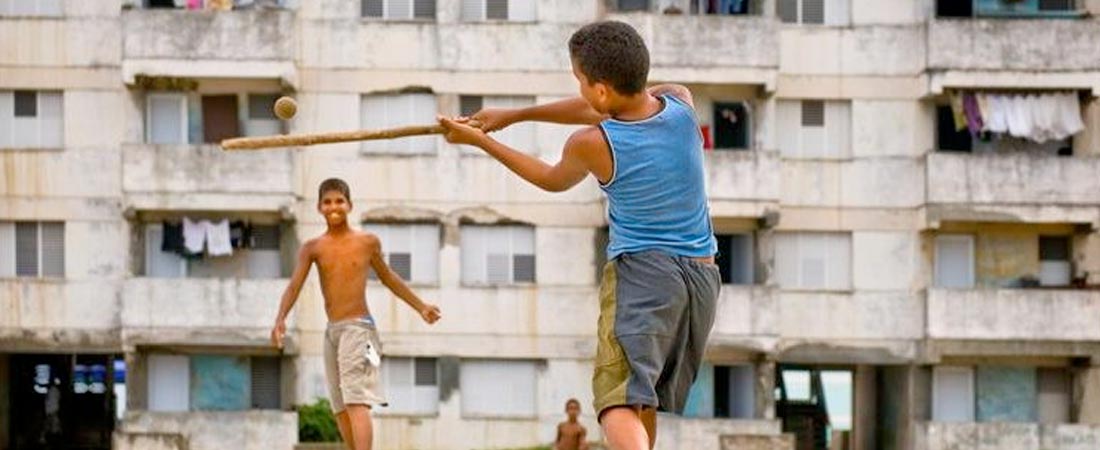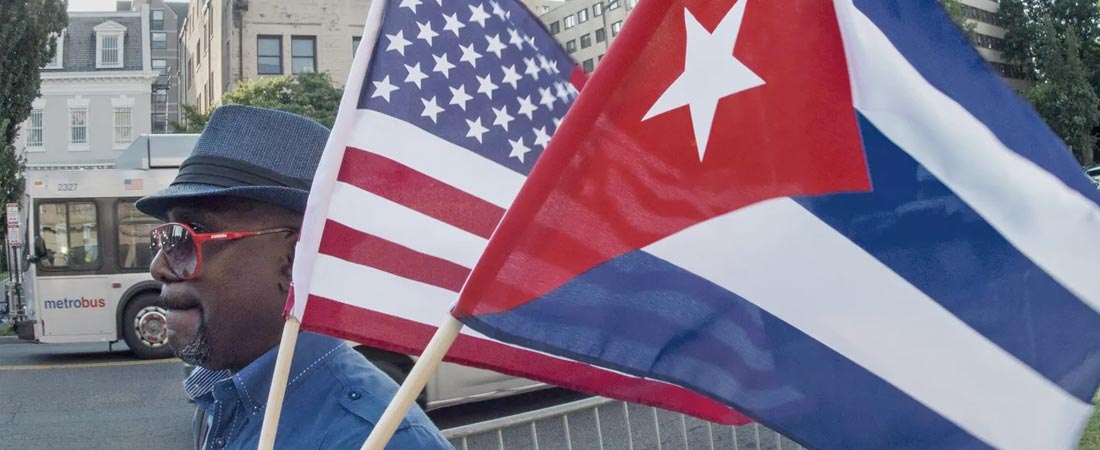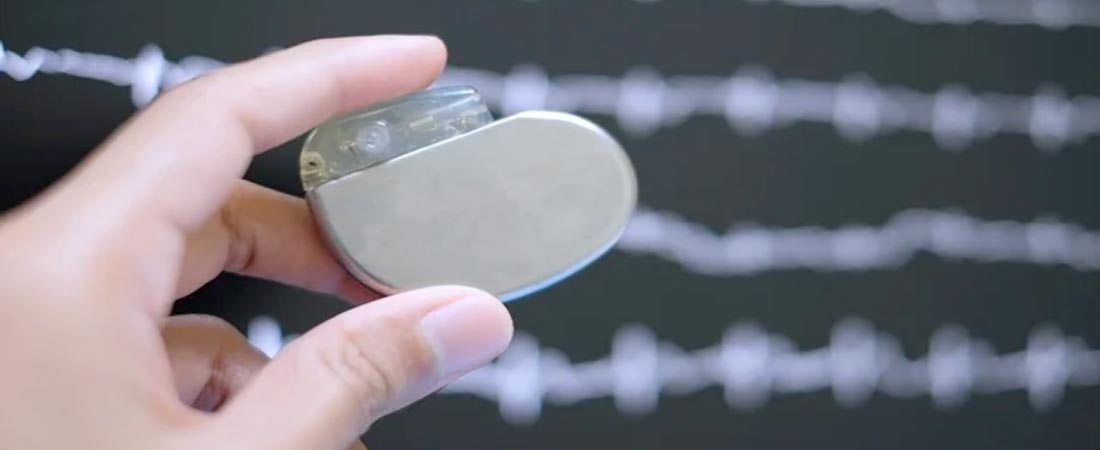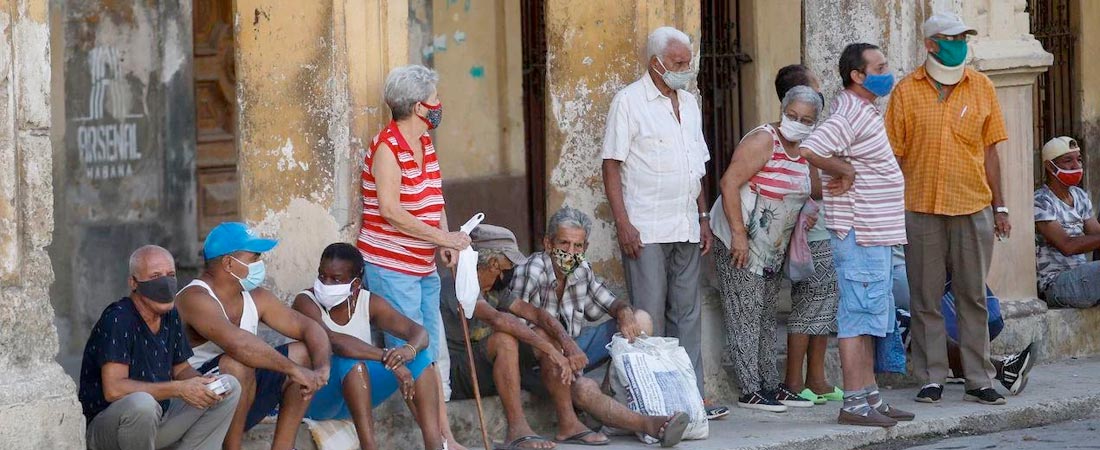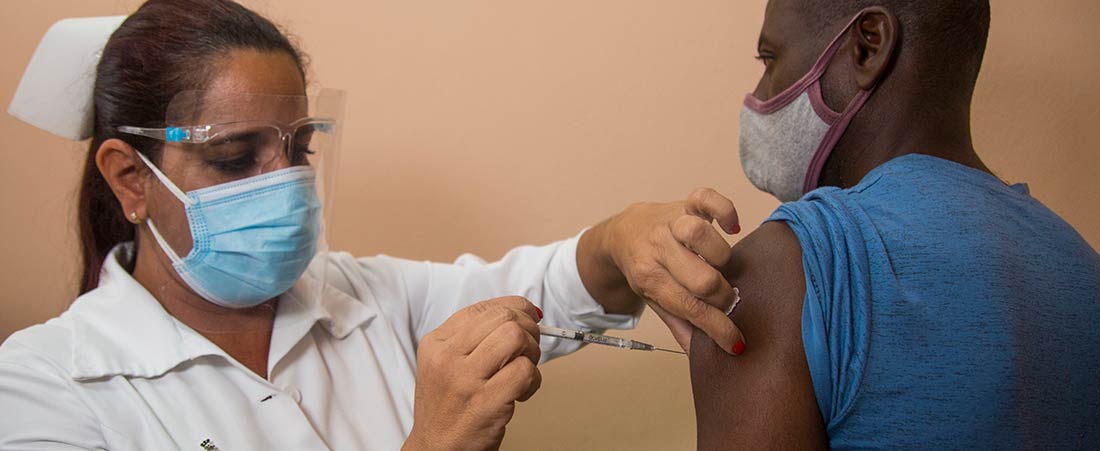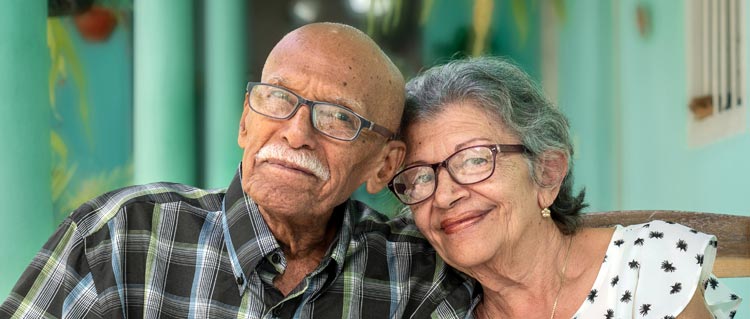Welcome to Global Health Partners
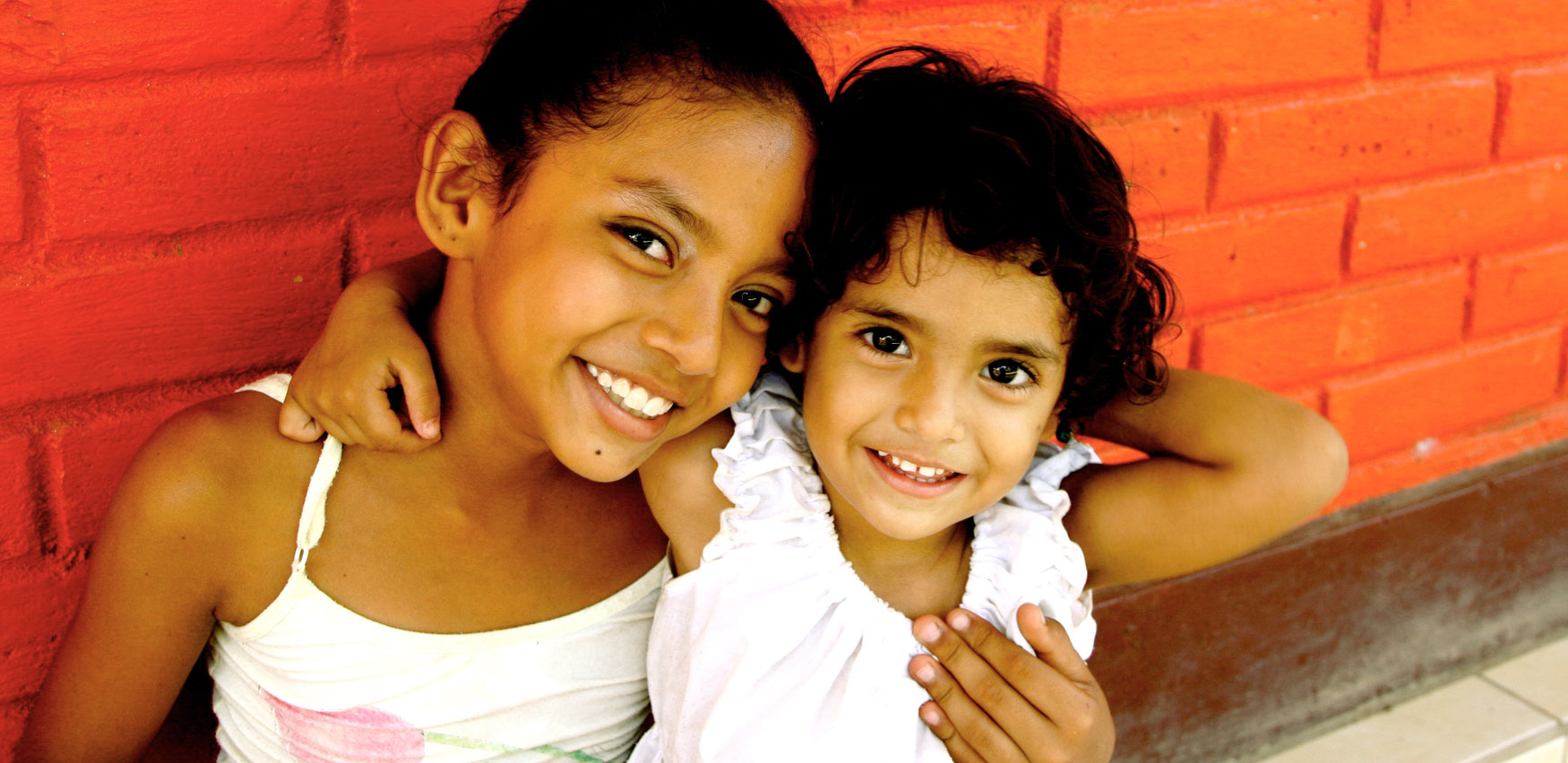
Our Mission
Global Health Partners is committed to improving the health of children and their families in Latin America through active partnerships with regional and community-based healthcare organizations. We make available medical treatment, resources and education in order to create self-sustaining healthcare delivery systems.
Latest News:
Global Health Partners Programs:
Cuba Medical Project
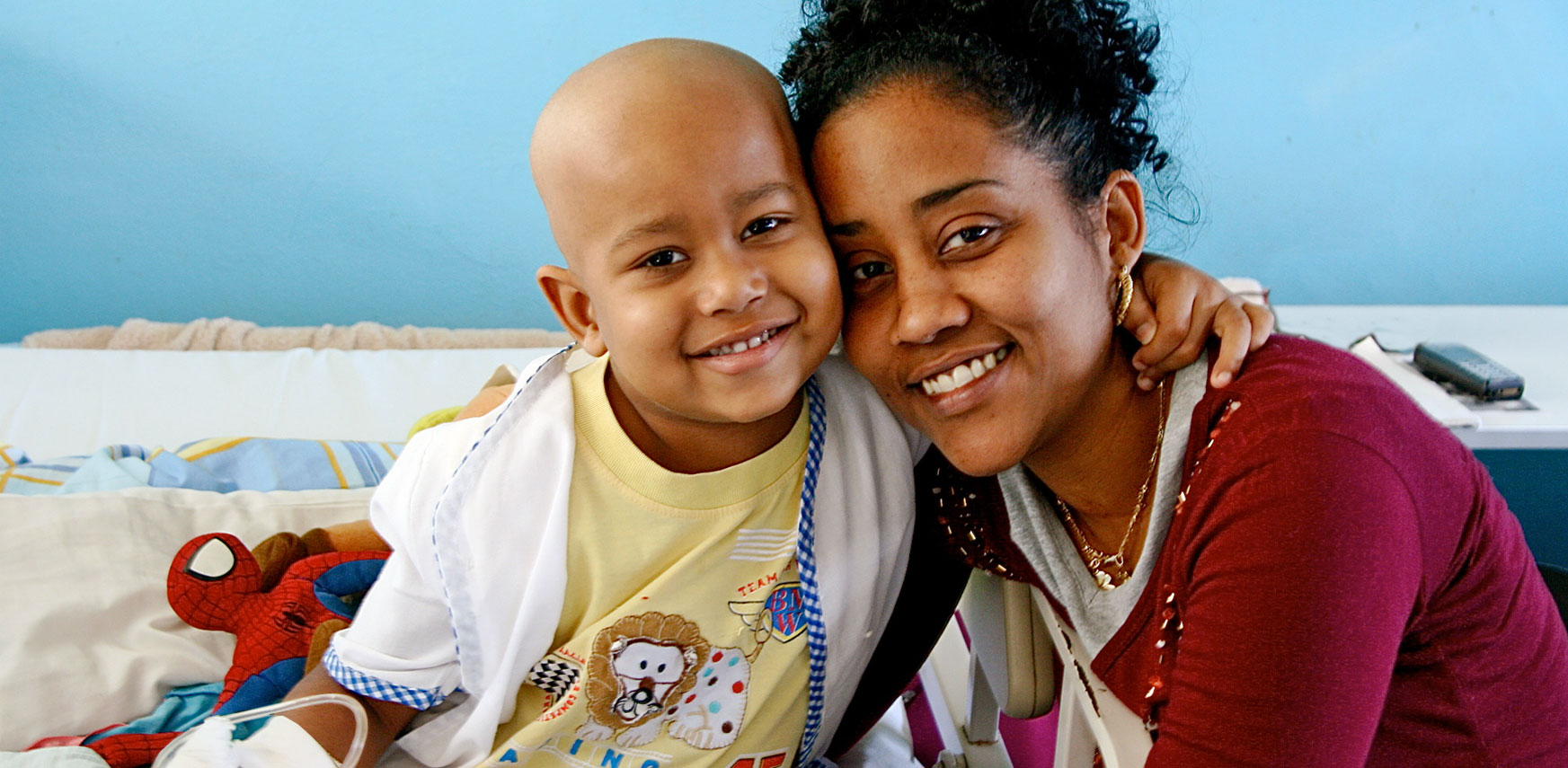
GHP’s high-impact humanitarian aid has challenged the U.S. embargo for over 22 years by providing more than $131 million in desperately needed medicine and medical supplies to Cuban hospitals and community clinics.
We brought 30 delegations of U.S. surgeons to train their Cuban counterparts in advanced techniques made inaccessible by the embargo, until the U.S. banned such exchanges in 2007.
With the new opening in U.S.-Cuba relations, we’re resuming this collaboration, with two surgical teams ready to go this year.
Already this year, we’ve delivered $1,676,189 in scarce medicines to Cuban hospitals, as we launch new medical partnerships with Cuban institutions. Learn more…
Healthy Futures for Nicaraguan Children with Disabilities
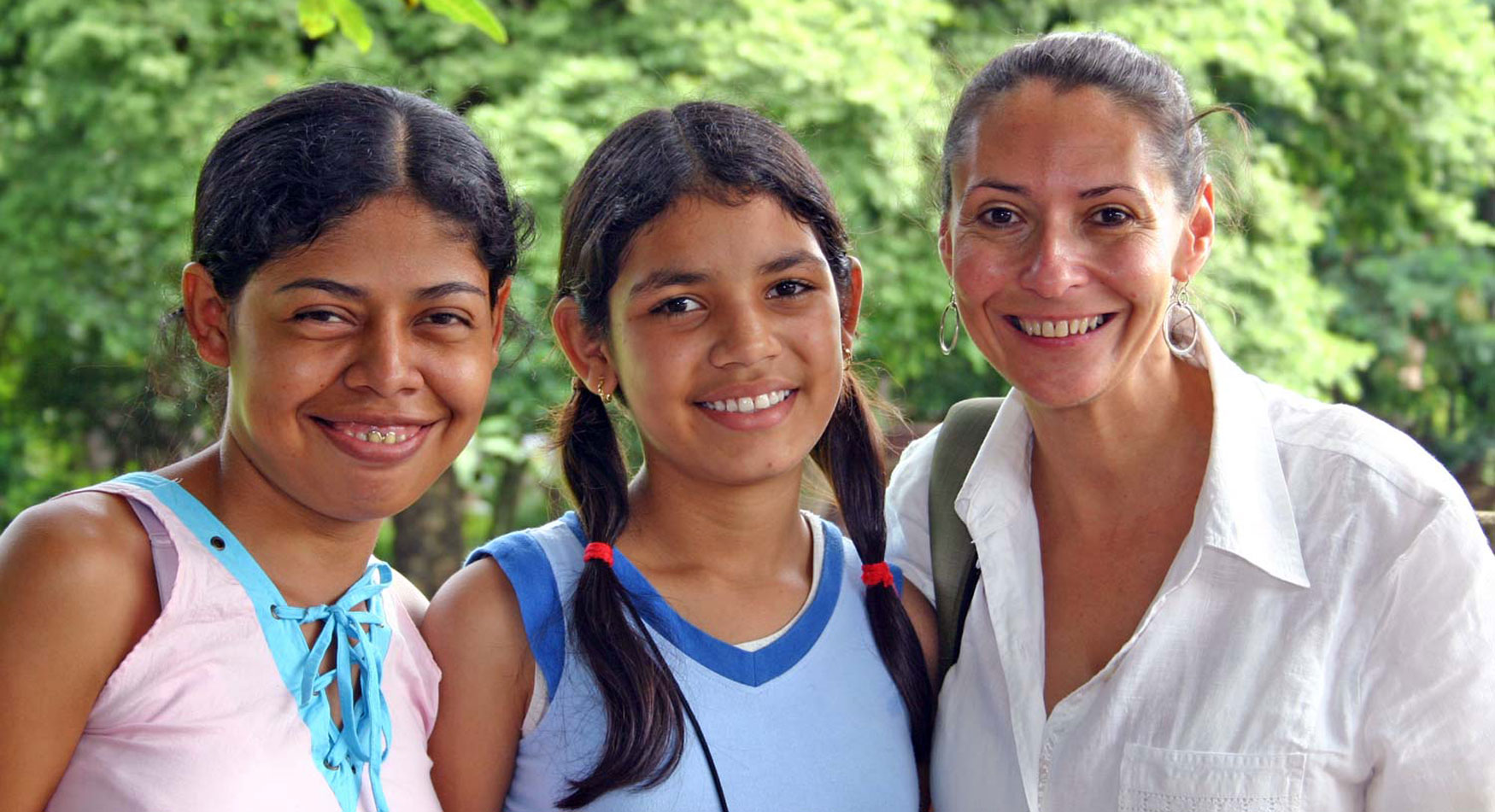
In the developing world, people with disabilities are among the poorest of the poor, often isolated, stigmatized, and deprived of education, healthcare, rehabilitation therapies, and job training.
GHP partners with Nicaragua’s Los Pipitos, a community- based national network working to build better lives for Nicaraguan children with disabilities in 80 urban and rural centers.
Since 2005, we’ve sent teams of volunteer occupational and speech therapists to provide advanced training to Los Pipitos staff and parent caregivers, enabling families to “turn every home into a rehab center” and equip their children to participate fully in society.
Strengthening Nicaragua’s Public Health System
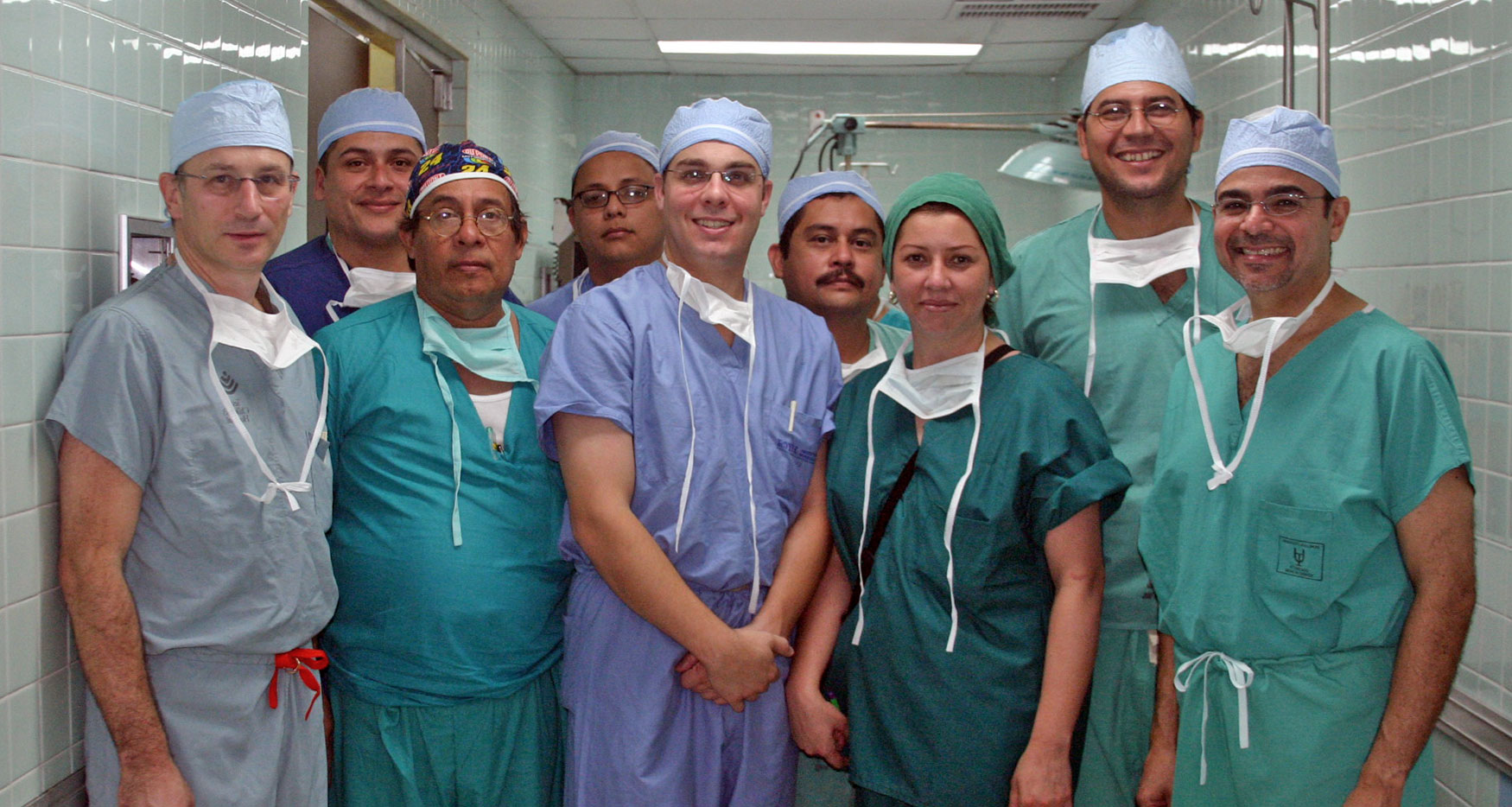
GHP is working to bolster the capacity of Nicaragua’s public health hospitals and community clinics, while increasing the country’s ability to withstand natural disasters such as the hurricanes that regularly batter the region.
In partnership with Nicaragua’s Ministry of Health, we’ve provided over $17 million in lifesaving medicines in 2016 alone, with more shipments in the works.
And in each of the past four years, we’ve delivered innovative portable modules that contain food and medicine to sustain 5,000 people in the event of a disaster.
If Nicaragua escapes natural calamities in a given year, the supplies are distributed to community health facilities in this very poor Central American country. Learn more…
Safe Motherhood in Rural Nicaragua
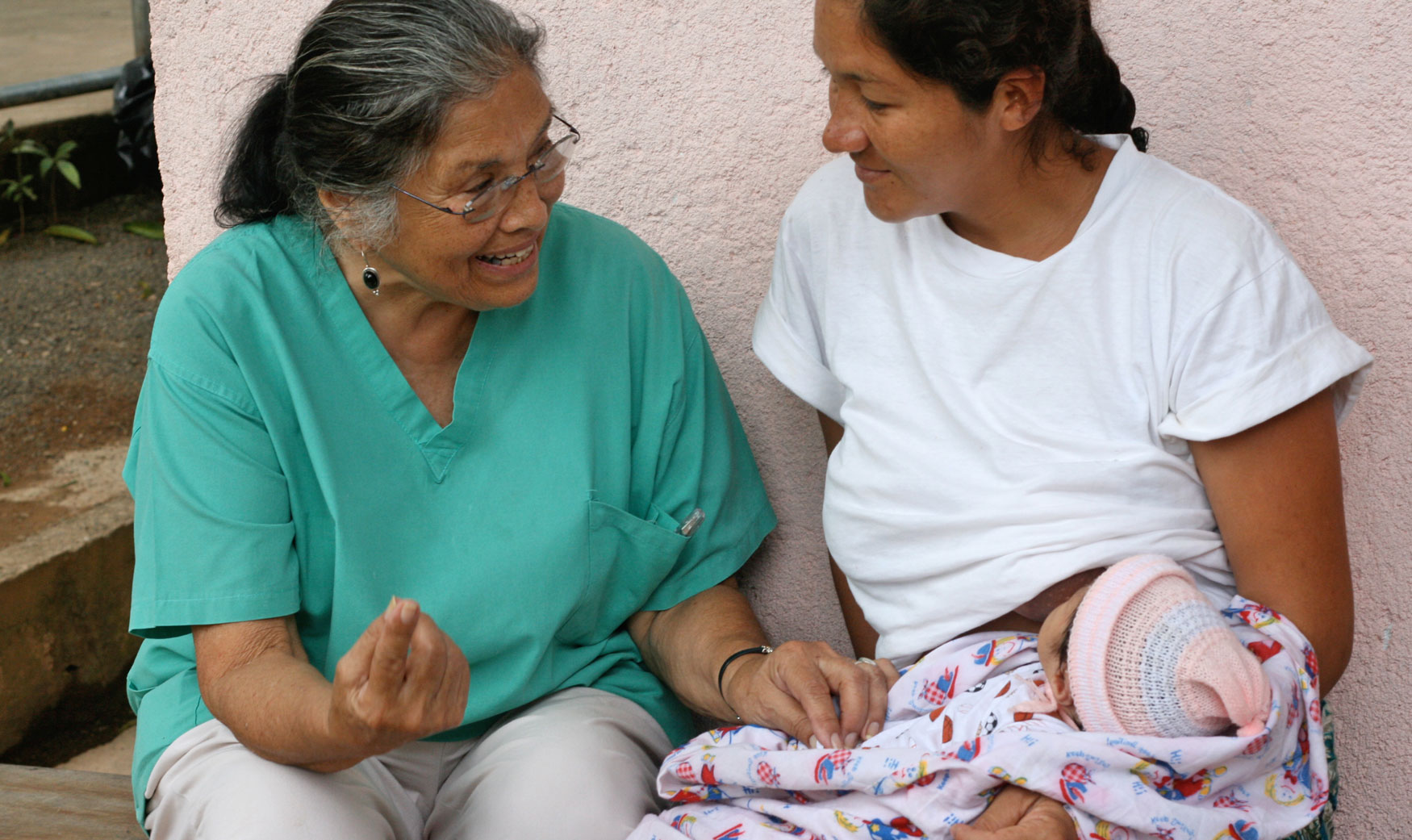
Our Skills to Save Lives project works to reduce Nicaragua’s unacceptably high maternal death rate. Nearly a quarter of Nicaragua’s poorest women give birth without any assistance from a skilled health professional, with 10 percent receiving no prenatal care at all.
To address this hardship, GHP partners with local NGO Skills to Save Lives and the Women’s Empowerment Network, which trains midwives and community health workers to ensure safe childbirth and healthy newborns.
Led by veteran rural women’s health professional Dorothea Granada, the project augments its training program by identifying and monitoring high-risk pregnancies, and ensuring safe, sanitary birthing conditions.
This year, Granada launched a complementary program to combat domestic violence. Learn more.
Fighting Cervical Cancer in Latin America
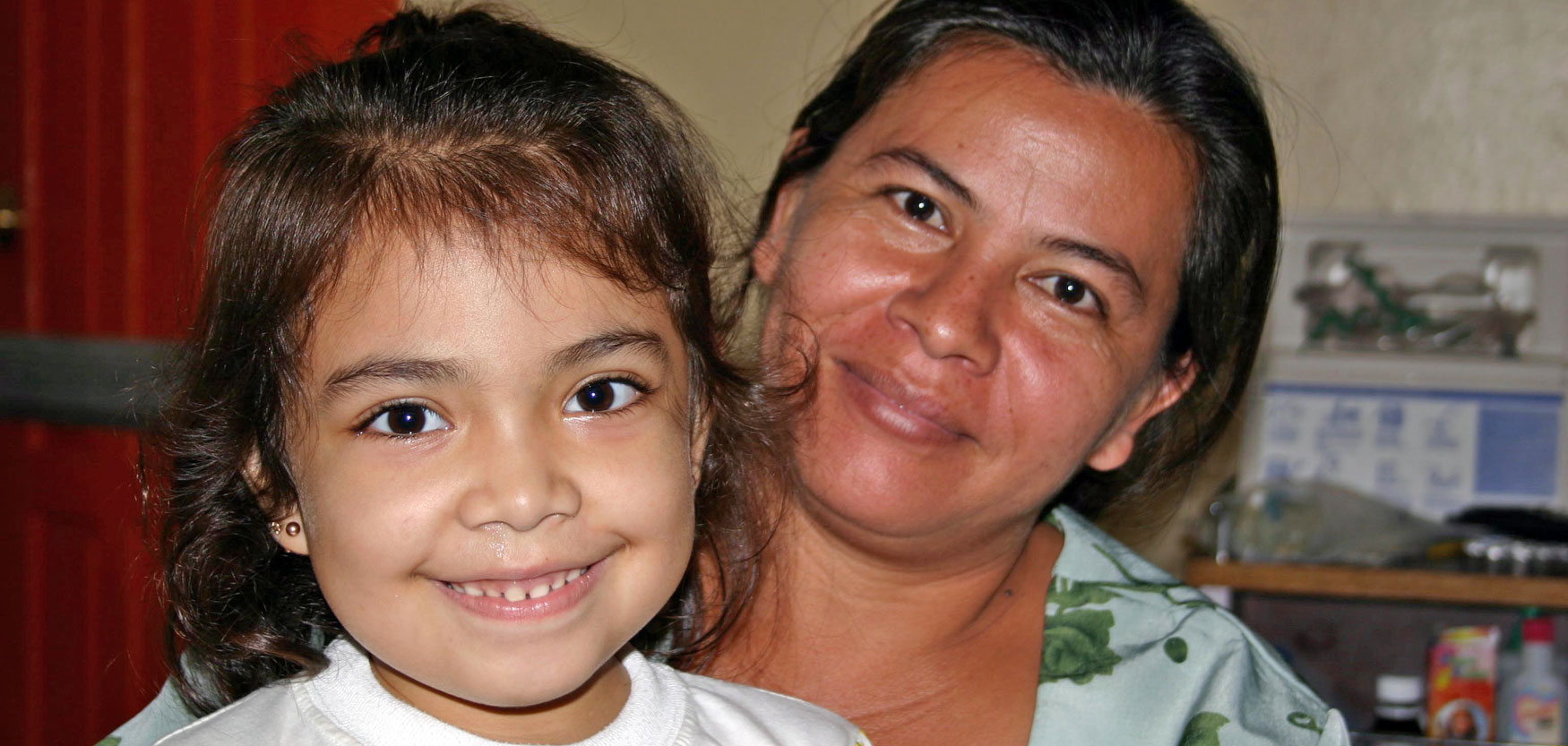
Nicaraguan women suffer from one of the world’s highest death rates from cervical cancer, a horrific toll that is preventable and rare in the developed world.
To combat this disease, GHP is partnering with the country’s Ministry of Health and the U.S.-based Global Coalition Against Cervical Cancer to develop and launch a national prevention, screening and treatment program.
This effort will include a community-based awareness drive, and screening with high-tech testing materials created for use in rural, remote and low-resource areas.
These tests, which do not require labs or refrigeration, will make single-visit screening and treatment available to Nicaragua’s poorest women. Learn more…


